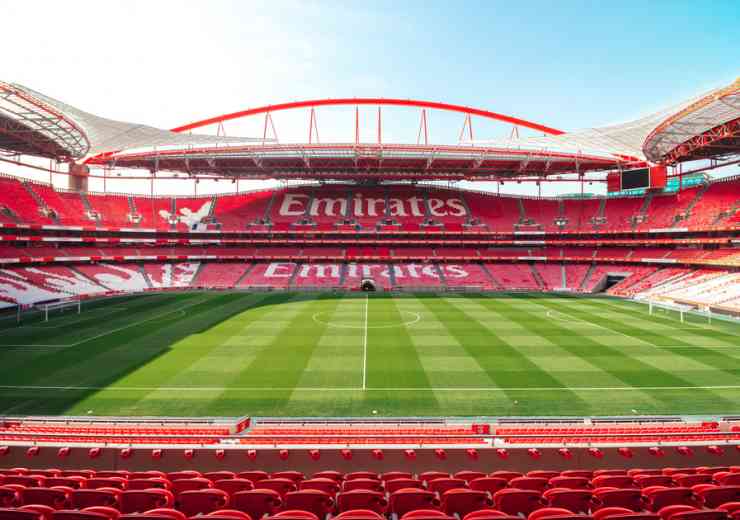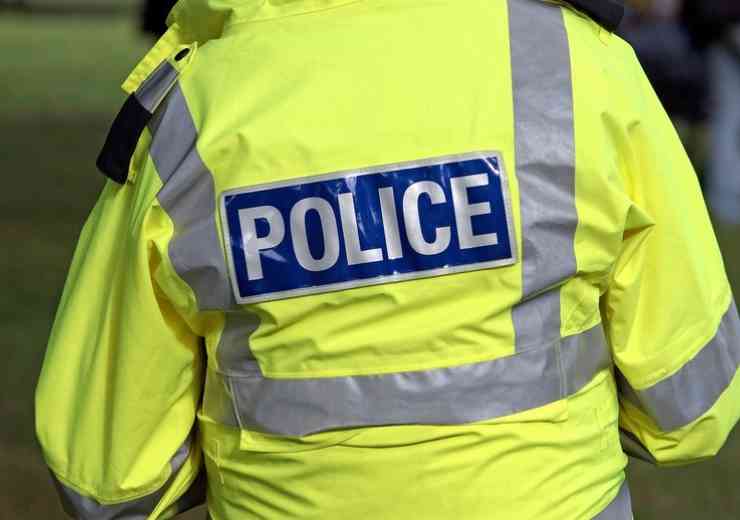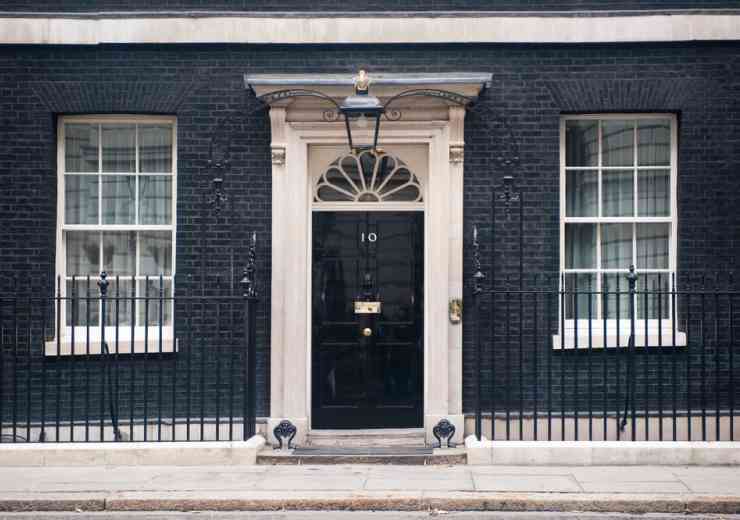Britain to invest 1.1 billion pounds in defence equipment
Britain will invest 1.1 billion pounds in defence equipment such as surveillance aircraft, Prime Minister David Cameron said on Monday, to enable it to better respond to threats including terrorism and cyber attacks.
Britain has cut defence spending by around 8 percent over the last four years as part of a government plan to reduce a record budget deficit. Spending cuts have included shrinking the size of the armed forces by around one sixth.
The new investment, which is being funded from savings made by the Ministry of Defence, includes 800 million pounds for intelligence and surveillance equipment as Britain seeks to adapt its forces to deal with changing threats.
"It is not massed tanks on the European mainland we need, but the latest in cyber warfare, unmanned aircraft technology and Special Forces capability. That is what we are investing in today," Cameron wrote in The Telegraph newspaper ahead of a visit to the Farnborough Airshow on Monday.
"It includes the latest in cyber defence technology and surveillance aircraft that can fly over areas such as the Horn of Africa, identifying any terror threats to the UK and our allies."
The government plans to extend to 2018 the lifetime of its Sentinel surveillance system, which it had proposed retiring from service next year as part of a defence review which identified a range of cost-saving measures.
Sentinel is a Royal Air Force reconnaissance and surveillance aircraft based on the ultra long-range Bombardier Global Express business jet.
Among its wide-ranging missions was a deployment in May to assist in the search for kidnapped schoolgirls in Nigeria.
Defence firm Raytheon on Monday gave details of how it would support the ministry's plan to extend Sentinel's lifespan.
"These improvements include Sentinel's ability to more effectively support surveillance in the maritime domain, through the incorporation of software enhancements to the current dual mode radar, over the next two years," Raytheon UK said.
There will also be a 300-million-pound investment to include equipping Britain's Typhoon fighter jets with next-generation radars, known as E-Scan.
"Having a modern, technological, advanced and flexible armed forces to protect and advance these interests is not national vanity, it is national necessity," Cameron said.
The government also set out plans to boost Britain's defence industry, which employs more than 160,000 people and generated 9.8 billion pounds in exports in 2013.
This will include 4 million pounds for a maritime intelligence-focused centre in Portsmouth where scientists, engineers and naval specialists will work to develop technology for use in autonomous unmanned boats and submarines.
digital issue


























